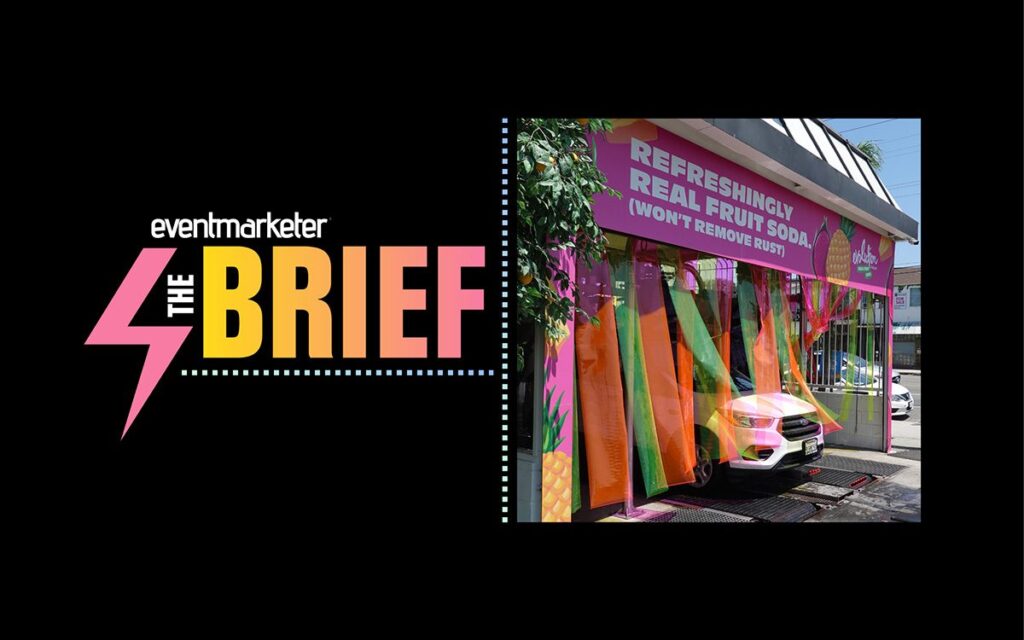If you love “Lost” or “Heroes,” chances are you’ve visited one of the endless Web sites devoted to the shows. Perhaps you yourself have blogged about what you think will happen next to Hurley or Hiro. E-Centric recently talked with Rusty Williams, vice president and co-founder of Prospero Technologies, about why social networking and television can be good for each other.
E-CENTRIC: Why is social networking such a good fit for TV?
WILLIAMS: Social networking is about people with a very strong affinity getting together and sharing that affinity. It’s a natural transition for fans of particular television shows or sports or other things to share that enthusiasm online.
E-CENTRIC: How are networks and TV production companies tracking the response of these efforts? Is it viewership, or is there another metric?
WILLIAMS: It’s primarily Web traffic. We’re compiling the results of a recent survey that supports that most people are saying [they’re tracking] by Web revenue, or total number of visitors. Its really the metric of attention. And that’s the key driver of all advertising is how you capture attention. That’s the key goal for almost nearly all these campaigns.
E-CENTRIC: You recently worked with Fox on a live blog they did at the Emmy Awards, What did they hope to accomplish with that campaign?
WILLIAMS: I think there were a couple of things. It added to the promotional efforts around the Emmys, as well as showing new cutting edge things happening. And there was a more practical component — a tie-in with a new mobile phone from Sprint. They had on-air mentions of the bloggers and the Sprint phone, which drove recognition and revenue for Sprint and that was the key ROI or cost justifier. But in addition it helped show how Fox is pushing the envelope with innovation and interacting with their fans.
E-CENTRIC: Are there any key dos and don’ts when constructing a social networking campaign related to television?
WILLIAMS: I think that the answer isn’t specific to TV. The key thing is to build [campaigns] around people’s actions and their interests. That’s what they’re going to want to share. People who are very devout fans of “Lost” are going to be very interested in sharing their theories about what’s happening after each episode of the show and have other people comment. Another example is a contest [ABC is doing] with “Grey’s Anatomy,” where people are speculating about which characters will do what, who will kiss who. These are good examples of getting people to share their interests and enthusiasm for a show. These are focused and directed examples.
A bad [move] is building things that are not directed towards what people are talking about. A message board about ‘what’s on TV tonight’ isn’t the same as “let’s talk about the final episode of ‘Jericho'” or “come talk about who got kicked off ‘American Idol.'” You want to direct people to things they’re going to have a reaction to. It may be a little bit of a stretch, but think about it like being a producer for talk radio. You need to bring up topics that are current, and prompt people to participate.
 Network
Network

